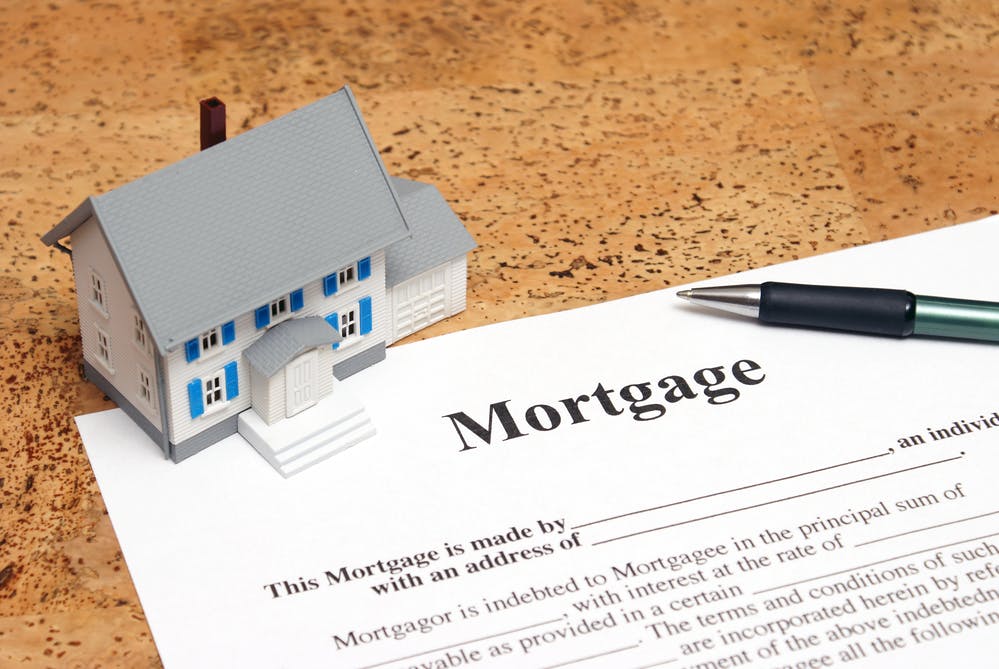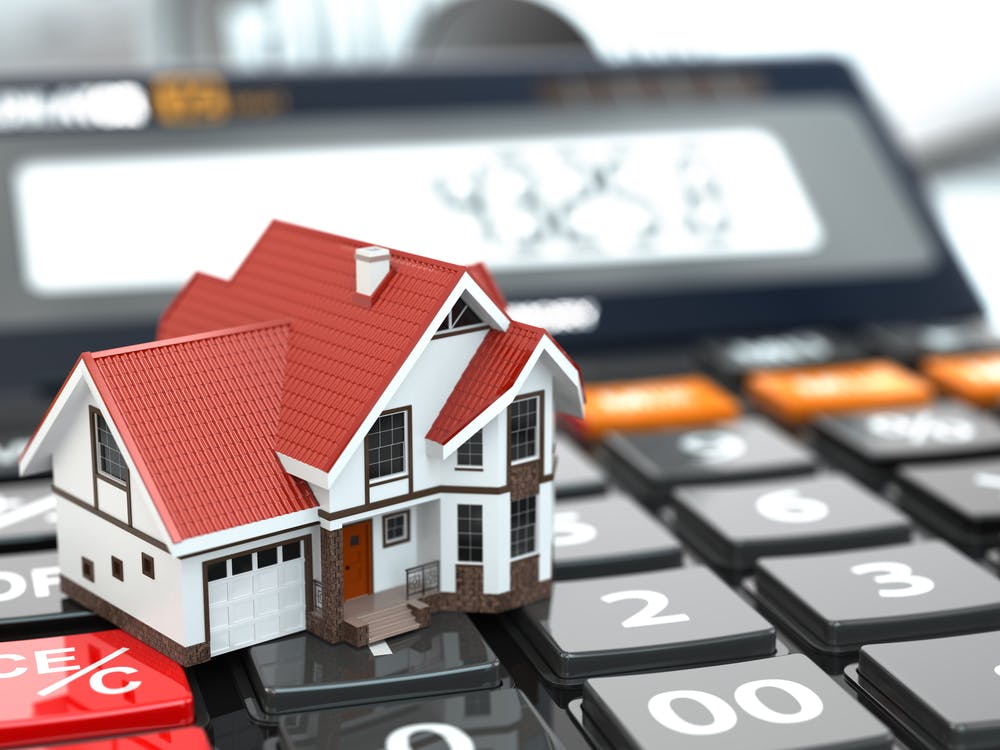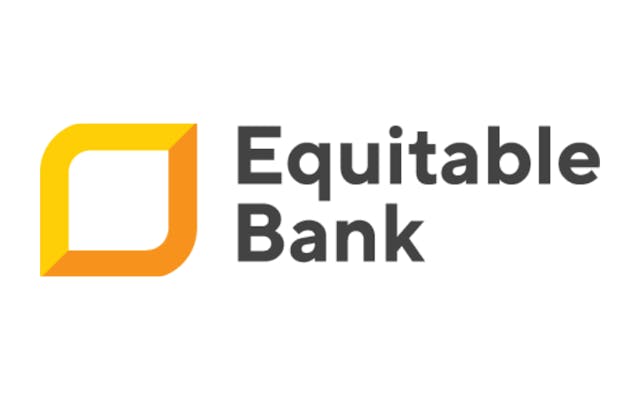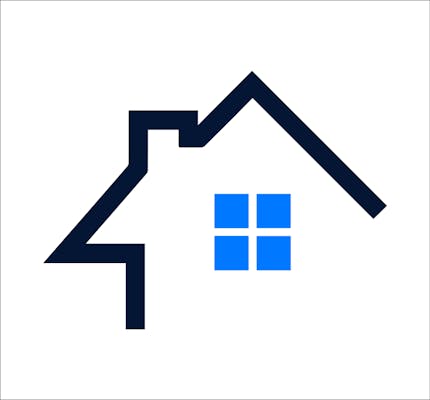Nov 22, 2021
Basics of Mortgage: What you need to know
Owning your own house might have been your perpetual dream when you could finally say that you are settled and can take other imperative decisions in life. Not to start with the harsh realities of real estate, which are as daunting as they could be for a first-time homebuyer. From the pressure of fulfilling legal requirements to the point of choosing your home is somewhat a challenge in itself. In the realm of financial constraints, suitable mortgage options can be counted on. To be well-versed with the mortgage, its concept, requirements & everything encompassing it, it is advised to read the article till the end.
Getting Started
Mortgages can seem a little complicated at first. Luckily, there are a few basic things that every home buyer should know going into discussions with a lender.
What is a Mortgage?

A mortgage is a contract between you and your lender that is legally binding. It describes the terms of your loan and is secured by a piece of real estate, such as a house or a condominium.
The lender has the legal power to confiscate your property if you take out a secured loan. They have the right to do so if you do not follow the terms of your mortgage.
This includes paying your bills on time and keeping your house in good repair.
While you may think loans & mortgages are similar, there are slight differences:
- The property serves as collateral for your loan.
- At the end of your contract, you may owe a balance.
- Usually, you'll have to renew your contract several times until you've paid off your entire sum.
- You may be required to satisfy specific qualifications, such as passing a stress test.
- A down payment is required.
- You may have to break your contract and pay the penalty.
Figuring out how much you owe on the mortgage
Simply, the primary amount is the amount you borrow from a lender to purchase a property.
This sum generally comprises the following:
- The home's buying price minus your down payment.
- Mortgage loan protection if you have a down payment of less than 20% or if your lender requires it.
Securing a Mortgage

Your lender will need to review several papers about your financial situation. As part of the mortgage application process, you'll need to provide these papers to your lender.
Income Documents
- Pay stubs - Your most recent pay stubs will show you how much money you make consistently.
- T1 tax forms - Your tax returns will show you how much money you made the previous year, which will assist you in establishing your creditworthiness.
- Notice of Assessment - Employed people get a notice of assessment from the Canada Revenue Agency (CRA) every year after filing their tax returns.
It will detail any overdue taxes, which will aid the lender in calculating your total
debt-to-income ratio. - Your employer's letter of employment - Your lender will want to know your work title and status to ensure that your job is secure and unlikely to be degraded shortly.
- If you're self-employed, you'll need three years' worth of personal tax returns. If you work for yourself, you must show that you have earned a consistent income over the preceding several years. This will be seen on your tax returns.
Personal Financial Documents:
- Bank account details — Your lender will need access to your bank account and transit number for mortgage payment purposes.
- Statement of assets or investments – Your assets and investments will be valued at a specified amount, which may be used as part of your down payment or simply as a safety net in case your income is interrupted.
- Letter of pre-approval (if appropriate) – Your lender will want to see these documents if you were pre-approved for a mortgage (which is highly recommended).
- Credit report - Your lender will obtain a copy of your credit report on your behalf, which will include your credit score and assist in proving your creditworthiness.
Down Payment Documents:
- Savings or investment statement from the last 90 days - Any savings you've amassed or money you've made from investments in the past 90 days should be submitted to your lender in writing.
- Any revenues from a previous house that will be utilized for your down payment must be confirmed to the lender, which you may accomplish by providing a record of the real estate transaction.
Calculating your Mortgage Payments

Various elements go into determining the number of your monthly mortgage payments. These three figures are highly significant:
1. The total mortgage amount: This is the purchase price of your new house, less the down payment, and, if necessary, mortgage insurance.
2. The amortization period: This is the number of years your mortgage payments will be spread out throughout the life of your loan.
3. The mortgage rate: The mortgage rate is the interest rate you pay on your loan.
Final Thoughts
Mortgage can prove to be the best option to own the very first house of your choice - it gives you the flexibility to choose the plan according to your affordability & within a couple of years, you can pay it off.
But it is imperative to note that many prerequisites have to be complied with, like documents & the pre-approval stage, which consists of 70% of the hard work.
Before making a substantial financial commitment, know what you're up to and how to keep up with the payments in advance.

![[object Object]](https://images.prismic.io/ratelockca/da57fbe1-11df-4bbd-96a8-37e310fa1af8_Home+Trust+800x500.png?auto=compress%2Cformat&w=1000&h=400)
